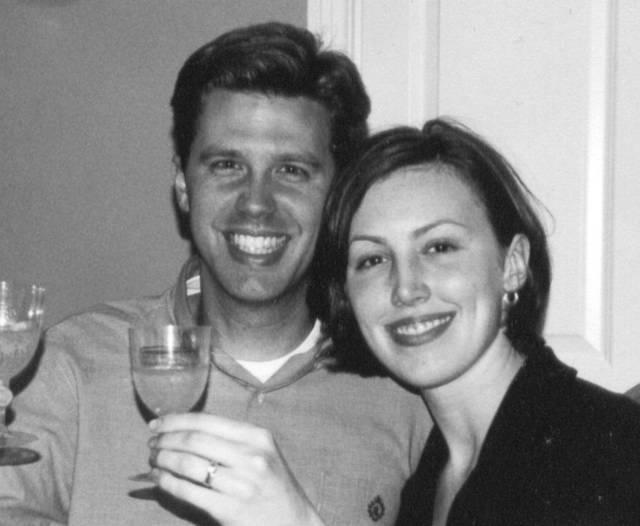At any given moment, you will find a book (okay, right now there are probably eight books) on my nightstand and you will also find a book on my iPod. I love being challenged in my thinking. I love a good story. And I just love words, plain and simple.
 Sitting on my nightstand right now is a novel called The Language of Flowers by Vanessa Diffenbaugh. I just finished it but it makes me smile when I look at it because it was such a great story, so I don't really want to take it back to the library yet.
Sitting on my nightstand right now is a novel called The Language of Flowers by Vanessa Diffenbaugh. I just finished it but it makes me smile when I look at it because it was such a great story, so I don't really want to take it back to the library yet. This novel really moved me. Each flower has a distinct meaning and message, whether positive or negative. Once upon a time, the language of flowers was more commonly known of and more commonly used. The author cites old flower dictionaries and has her own in the back of the book. This novel explores the meaning of flowers and relates their meaning(s) to the events that take place in the novel. It is narrated by someone who has aged out of a group home and is seeking to find healing and forgiveness. It is a book about emptiness, human relationships, and hope for the future. It also raises questions about someone with loveless past being able to heal and move forward.
I don't think I will look at flowers the same ever again. There is something deeper and more mysterious about them now and it intrigues me. I loved this book!
After taking a break from the classics after Carson was born (okay, I took a break from a lot of things after he was born), I started back by loading The Return of the Native on my iPod. The author, Thomas Hardy, is apparently known as a landscape writer. Just as there are landscape paintings, there is landscape literature. He writes evocative descriptions about the estate and surrounding land in his novel. I have to say I had a hard time getting into this one at first but now that I am in the throes of it, I'm hooked.
When Kevin asked me what this book is about, I summarized it for him. We both remarked that a lot of classic literature--or at least the stuff I've been reading in the past months--centers on a heroine who is discontent in her marriage and has an affair! And these books are written by MEN. Seriously. Of the last four classic books I've read, three have been about adulterous women (Madame Bovary, Anna Karenina, and now The Return of the Native). I think I'm ready for a new genre, people!! I'm reading these books in chronological order. What does it say about the time period they were written in, I wonder? The authors are from France, Russia, and England, respectively. Hmmmm. I will have to think on this some more ...


1 comment:
I haven't read The Return of the Native, but I have read Under the Greenwood Tree (which is not about an affair, but more about music and change), and Jude the Obscure, which is as much about an affair by a man as by a woman. It is also extremely bitter and misogynist. Hardy was taking out his long standing rage against his wife in written form. (His wife "got religion" in a form that cut him off completely from sex. Not a recipe for joy...) I need to read some Hardy from the middle period, not just the edges.
Post a Comment